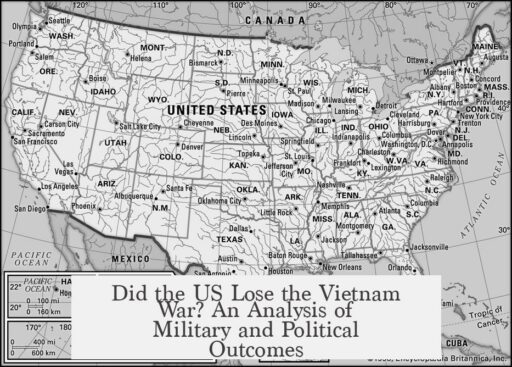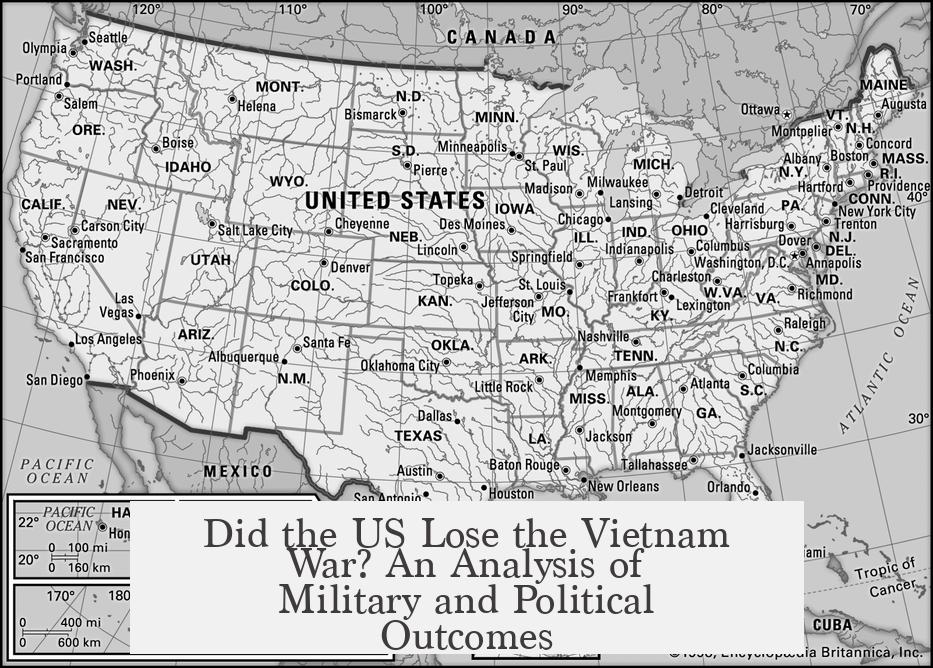The United States did lose the Vietnam War when evaluating the overall outcome and political goals. While militarily the U.S. held advantages and inflicted heavier casualties, it failed to impose its political will or achieve its strategic objectives. The war concluded with the withdrawal of American forces and reunification of Vietnam under communist rule.
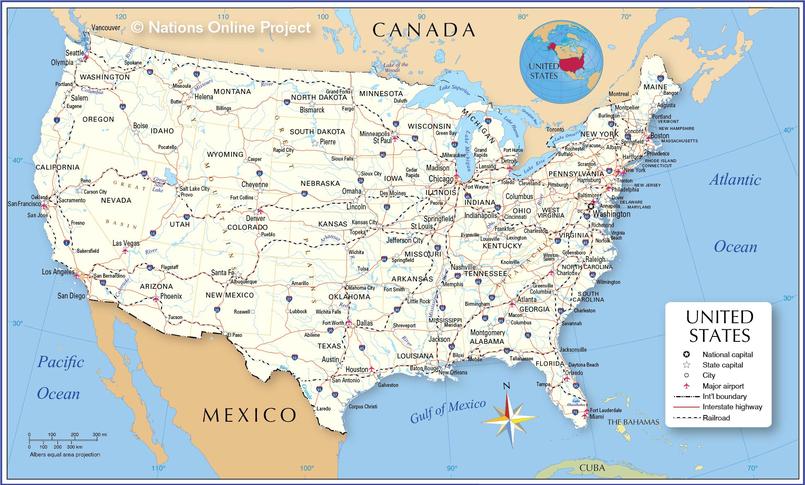
Defining victory in war involves both military success and achieving political aims. The U.S. deployed superior technology and won many battles against North Vietnamese and Viet Cong forces. This led to favorable casualty ratios—American deaths were significantly fewer than those of the enemy. However, winning individual engagements did not translate to winning the war.
The crucial failure lay in the inability to secure the political outcome sought. The U.S. wanted to preserve South Vietnam as a separate, non-communist state. In contrast, the majority of Vietnamese—both North and significant numbers in the South—desired national unification. This fundamental divide meant U.S. objectives were at odds with local aspirations, creating an unwinnable position.
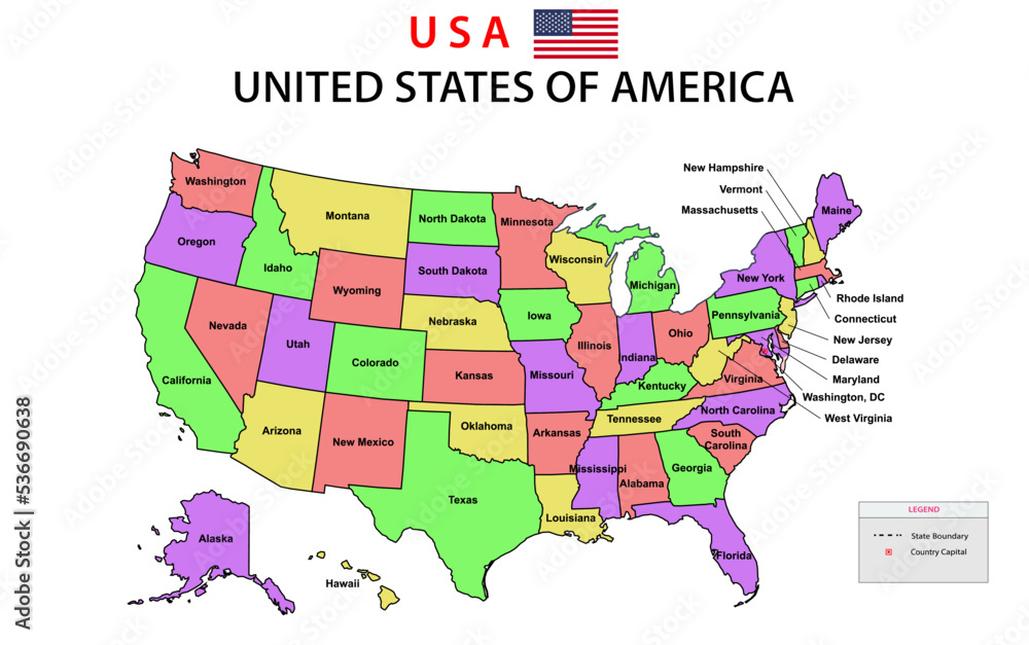
- North Vietnam and Viet Cong capitalized on guerrilla tactics, denying Americans control over vast rural areas, despite losing most direct firefights.
- South Vietnam’s government was weak and often conflicted with American goals, limiting effective partnership.
- Fear of provoking China and concerns about homefront opposition constrained U.S. military actions, preventing full exploitation of technological advantages.
The Tet Offensive of 1968 exemplifies this complexity. Although militarily defeated after initial surprise attacks, the offensive revealed North Vietnamese determination and eroded American public support. The media coverage shocked U.S. audiences, contributing to waning political will to continue the conflict.
In strategic terms, the war became a costly stalemate that exhausted American economic and military resources. President Johnson’s administration recognized this by curtailing bombing and initiating troop withdrawals. By 1975, the U.S. fully disengaged. Shortly after, North Vietnamese forces captured Saigon, fulfilling their goal of a unified communist Vietnam.
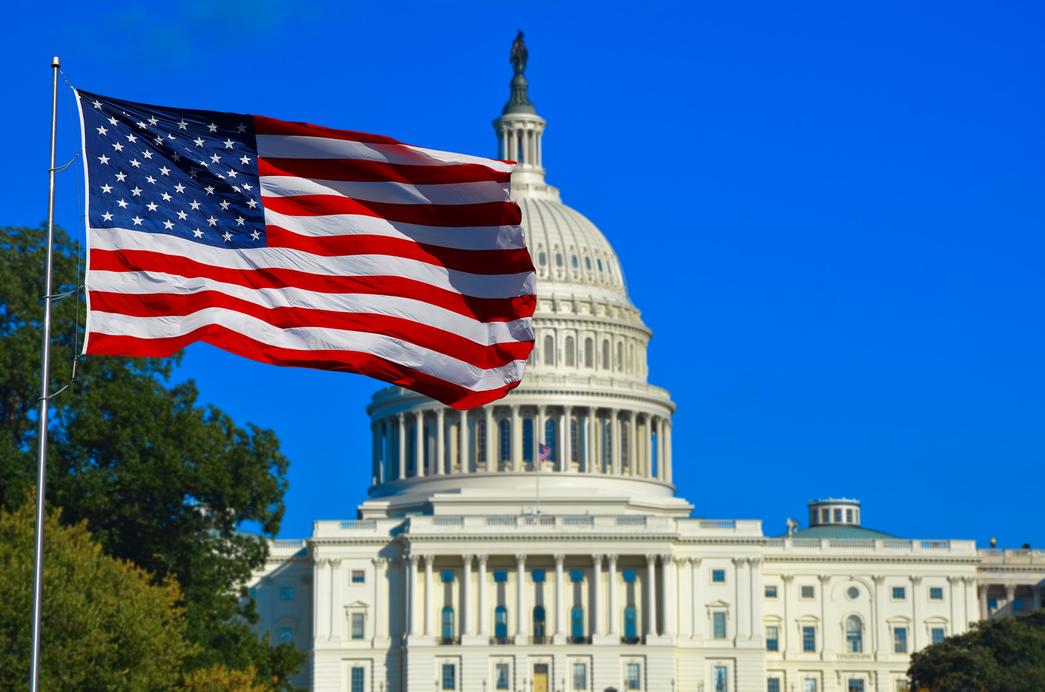
This outcome confirms that despite battlefield successes, the U.S. lost politically. The failure to win “hearts and minds” and impose a sustainable political order undercut military achievements. The war’s nature as a struggle of wills, with guerrilla forces making occupation prohibitively expensive, favored the communists long term.
| Aspect | Outcome |
|---|---|
| Military Engagements | U.S. won most battles, inflicted heavy losses on NVA/VC |
| Political Goal | U.S. failed to prevent communist unification of Vietnam |
| Public Support | Decreased in the U.S., leading to political withdrawal |
| Vietnamese Aspirations | Favoring unified Vietnam, mostly communist-led |
In summary, the U.S. lost the Vietnam War because:
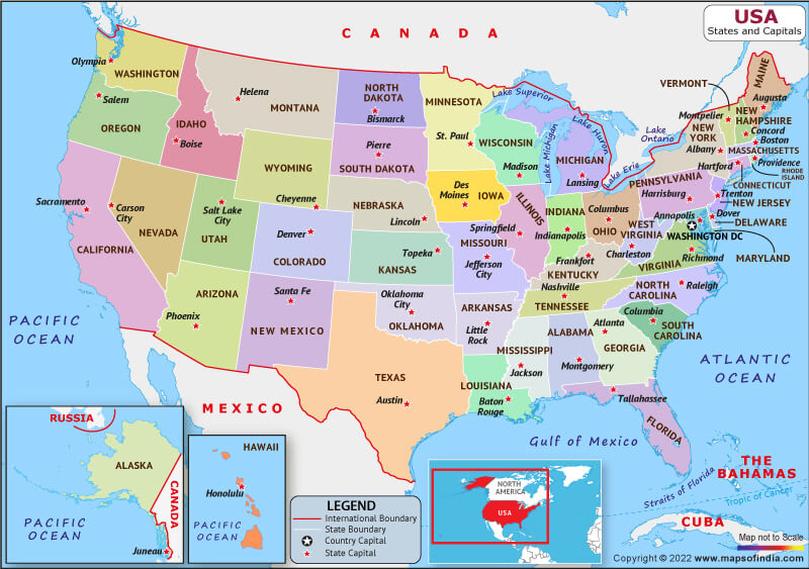
- It failed to achieve its primary political objective—maintaining South Vietnam’s independence
- The North Vietnamese and Viet Cong demonstrated persistent willpower despite battlefield losses
- Guerrilla warfare made controlling territory and population difficult for U.S. and South Vietnamese forces
- American public opinion and political support eroded over time
- Vietnamese nationalism sought unification, opposing the status quo the U.S. wanted to impose
Did the US Really Lose the Vietnam War?
In short: Yes, the US lost the Vietnam War—but not in the simple ways you might think. The answer is layered, combining military success, political failure, and a clash of fundamentally different goals between the US and the Vietnamese people.
Let’s unpack this complex story from top to bottom, separating myths from facts and shining light on the real reasons behind the “loss.”
What Does Losing a War Really Mean?
First, let’s define “loss.” Does it mean suffering more casualties? Or about achieving your goals? If it’s the first, the US might claim partial victory—American forces suffered far fewer deaths than the North Vietnamese and Viet Cong. But war isn’t just numbers.
War is politics made violent—a brutally effective way of imposing your will. The main question is: Did the US achieve what it set out to do?
In Vietnam, the US failed to do so. Despite superior technology and firepower, the US couldn’t force a political settlement that aligned with American objectives. The aim was to keep South Vietnam independent and non-communist. But the Vietnamese themselves wanted unity under one government. This fundamental mismatch made the US’s task close to impossible.
Military Performance: Winning Battles, Losing the War
The US military often won in open firefights. The casualty ratios and battlefield statistics show that they inflicted severe losses on the North Vietnamese Army (NVA) and the Viet Cong (VC). Famous conflicts, like the Tet Offensive of 1968, highlight this paradox.
During Tet, the NVA and VC launched a massive surprise attack, seizing key locations throughout South Vietnam. It shocked the American public and media back home but militarily, the US and South Vietnamese forces repulsed the attacks and inflicted huge casualties on the enemy.
Yet, even these tactical victories did not stop the North Vietnamese’s determination. They absorbed their losses and kept fighting, while the American public’s will to continue dropped sharply. In fact, public opinion played a pivotal role in the eventual US withdrawal.
The Guerrilla War That Became a Political Nightmare
Why couldn’t the US maintain control even after winning battles? The answer lies in guerrilla warfare and control of the civilian population.
The Viet Cong weren’t just soldiers in uniform; they were local villagers, blending into the countryside. After US and South Vietnamese troops cleared rural areas temporarily, the Viet Cong would return viciously—and often brutally—punishing those who cooperated with the Americans.
This constant instability undermined the South Vietnamese government and made it difficult for the US to establish lasting peace or security. Civilians lived in fear, and support for the war dwindled at home in America. This dynamic created a classic guerrilla victory—costly and exhausting for the occupying force despite apparent military wins.
Political Goals vs. Reality on the Ground
The US sought to keep Vietnam divided—North and South—similar to Korea. But both North and South Vietnamese largely wanted reunification. This desire was so strong that many in the South were willing to accept a communist government if it meant a united country.
This created an impossible political situation. The US couldn’t invade the North directly for fear of provoking China. The South Vietnamese government, a US ally, often had conflicting agendas and poor governance, making them unreliable partners. The US was essentially trying to hold together a country that didn’t want to be divided.
This fundamental disconnect made it almost inevitable that the US would lose politically, regardless of soldiers’ valor or firepower.
When Economics and Morale Collide
By 1968, political leaders like President Johnson realized the cost of the war was spiraling beyond what America could bear. Military casualties mounted, and the American economy felt the strain. More crucially, the political will to fight was eroding rapidly at home.
This shift resulted in the gradual drawdown of US forces and cessation of bombing in the North. The war lost its momentum not because the military couldn’t fight, but because the political and social reasons that underpin war had failed.
What About the Aftermath?
The US fully withdrew by 1975. Not long after, the NVA took Saigon, effectively ending the war with a communist victory. Yet, today’s Vietnam is a mix of capitalist economic reforms and one-party communist rule. It’s an odd hybrid, showing that ideologies and economies don’t always fit neat boxes.
In a twist, the outcome also hints at the limits of trying to bully a country with superior force without winning hearts and minds. The war’s real lesson might be that you can’t conquer a people determined to unite and shape their own destiny—even with the most advanced military power.
Final Thoughts: Did the US Really Lose?
Yes, the US lost the Vietnam War, but not simply on a battlefield scale. The military itself performed well tactically, inflicting disproportionate casualties. But the real defeat was political and strategic.
- The US failed to impose its will, the heart of what victory means in war.
- The fundamental difference between US goals and Vietnamese aspirations doomed the effort.
- Public opinion in America and the tenacious guerrilla tactics of the Viet Cong turned success into withdrawal.
Victory is not just about winning fights—it’s about winning the peace. In Vietnam, the US won battles but lost the war’s prize: a stable, allied South Vietnam.
So next time you hear the question, “Did the US really lose the Vietnam War?” remember: sometimes, the bigger loss is not in the casualty count, but in losing the political will—and the understanding—that wins wars.
Did the United States militarily win the Vietnam War?
The U.S. had superior military power and won many battles. Casualty rates show fewer American deaths compared to North Vietnamese losses. However, military success did not translate into achieving political goals.
Why is the Vietnam War considered a political loss for the U.S.?
The war was about imposing political will. The U.S. failed to maintain control or win support from the Vietnamese people. Political objectives, like preventing unification under communism, were not met.
How did guerrilla warfare affect the outcome of the Vietnam War?
Guerrilla tactics made it costly for U.S. forces to hold territory. Despite military victories, Viet Cong forces could resupply and return, undermining control and wearing down American resolve.
Did the U.S. and South Vietnamese goals align during the war?
The U.S. wanted a divided Vietnam similar to Korea. The Vietnamese wanted unification. This fundamental difference made the U.S. position unsustainable and weakened their efforts.
What role did public opinion play in the U.S. withdrawal from Vietnam?
Rising casualties and unclear progress lowered support at home. After the 1968 Tet Offensive, public opinion shifted sharply, influencing political decisions to end bombing and begin troop withdrawals.
